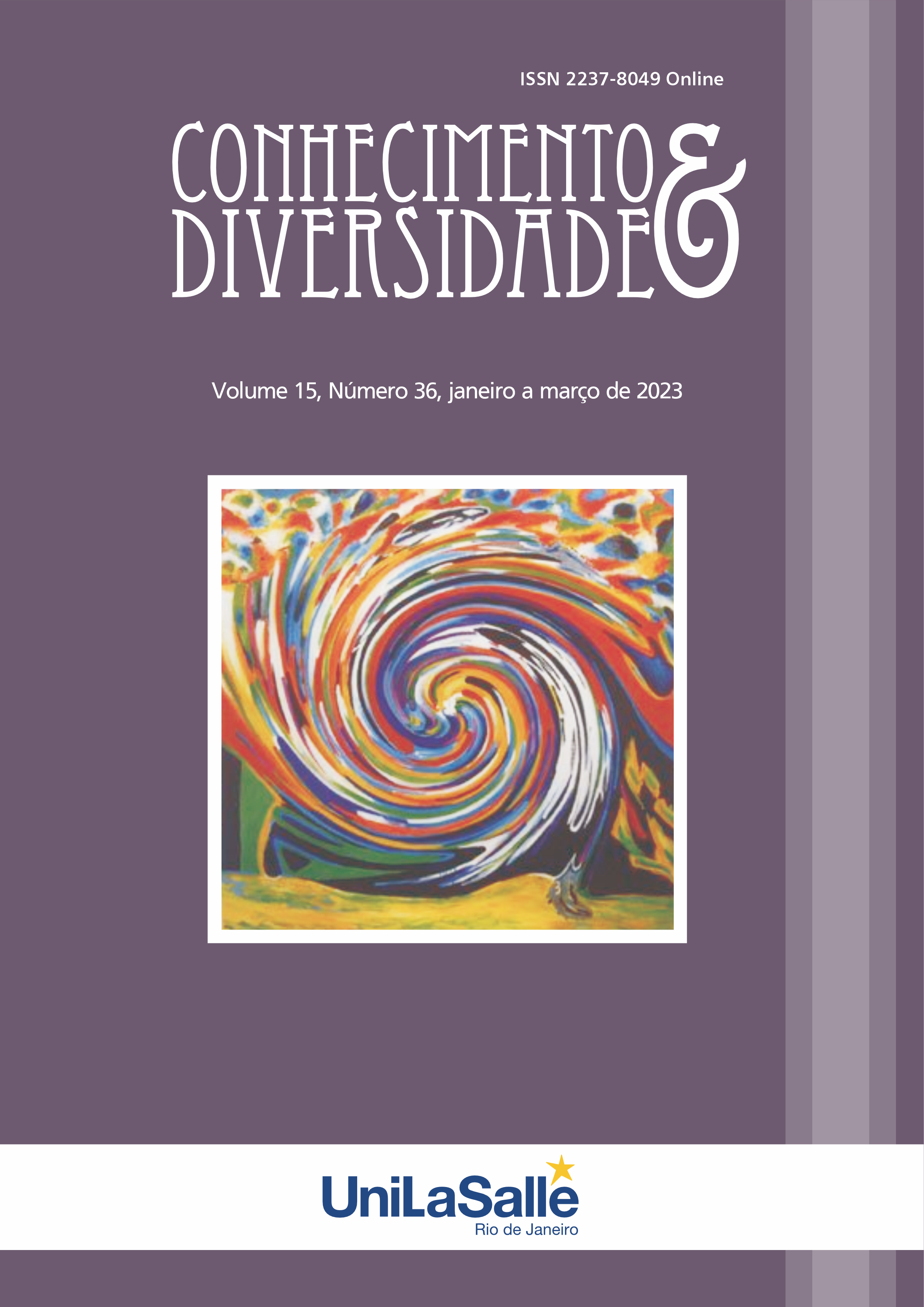PERCEPTIONS OF TEACHERS ON ENVIRONMENTAL EDUCATION CURRICULUM:
A CASE STUDY OF LIBYAN PRIMARY SCHOOLS
DOI:
https://doi.org/10.18316/rcd.v15i36.10789Palabras clave:
Climate change, Environmental curriculum, Environmental education, Libyan primary schools, Teacher perceptions.Resumen
Environmental education like all forms of education is a process of learning that requires an optimally designed teaching curriculum. However, unlike other conventional courses and forms of education, environmental education is not a linear form of learning as it requires complex and place-based designed teaching due to the individuality and diversity of people and their local environment and biodiversity. Libya like most countries of the world has joined the active fight against climate change through the incorporation of environmental education into the traditional system of education and designing a curriculum for the entire school system to ensure uniformity in learning standards. This study carries out an investigation of the efficiency of the Libyan primary school environmental education curriculum from the perspective of primary school teachers. Using open-ended questionnaires designed using an adequate theoretical framework, teachers in Libya were surveyed for their perceptions on satisfaction with the curriculum, their dislikes about the curriculum, what they enjoyed the most in the curriculum, and how they prepared using it and the complementary modifications they carry out on it. The results of this study indicate a finding where the majority of the teachers were happy with its efficiency but have recommended several changes to it to enable it to become optimal.Citas
Ardoin, N. M., Bowers, A. W., & Gaillard, E. (2020). Environmental education outcomes for conservation: A systematic review. Biological Conservation, 241, 108224.
Aomr, J. A. W., Seng, G. H., & Kapol, N. (2020). Relationship between willingness to communicate in English and classroom environment among Libyan EFL learners. Universal Journal of Educational Research, 8(2), 605-610.
Boca, G. D., & Saraçlı, S. (2019). Environmental education and students’ perception, of sustainability. Sustainability, 11(6), 1553.
Fogo, B., Reisman, A., & Breakstone, J. (2019). Teacher adaptation of document-based history curricula: Results of the reading like a historian curriculum-use survey. Journal of curriculum studies, 51(1), 62-83.
Franco, I., Saito, O., Vaughter, P., Whereat, J., Kanie, N., & Takemoto, K. (2019). Higher education for sustainable development: Actioning the global goals in policy, curriculum and practice. Sustainability Science, 14(6), 1621-1642.
Gadour, A. (2019). Democracy and education in Libya. In Oxford Research Encyclopedia of Education.
Georgiou, Y., Hadjichambis, A. C., & Hadjichambi, D. (2021). Teachers’ perceptions on environmental citizenship: A systematic review of the literature. Sustainability, 13(5), 2622.
Hickman, L., Bosch, N., Ng, V., Saef, R., Tay, L., & Woo, S. E. (2022). Automated video interview personality assessments: Reliability, validity, and generalizability investigations. Journal of Applied Psychology, 107(8), 1323.
Jickling, B., & Wals, A. E. (2019). Globalization and environmental education: Looking beyond sustainable development. In Curriculum and Environmental Education (pp. 221-241). Routledge.
Jorgenson, S. N., Stephens, J. C., & White, B. (2019). Environmental education in transition: A critical review of recent research on climate change and energy education. The Journal of Environmental Education, 50(3), 160-171.
Kalinowski, E., Gronostaj, A., & Vock, M. (2019). Effective professional development for teachers to foster students’ academic language proficiency across the curriculum: A systematic review. AERA Open, 5(1), 2332858419828691.
Shipton, E. E., Bate, F., Garrick, R., Steketee, C., Shipton, E. A., & Visser, E. J. (2018). Systematic review of pain medicine content, teaching, and assess
Starkey, L. (2020). A review of research exploring teacher preparation for the digital age. Cambridge Journal of Education, 50(1), 37-56.
Stapleton, S. R. (2020). Toward critical environmental education: A standpoint analysis of race in the American environmental context. Environmental Education Research, 26(2), 155-170.
Wakashima, K., Asai, K., Kobayashi, D., Koiwa, K., Kamoshida, S., & Sakuraba, M. (2020). The Japanese version of the Fear of COVID-19 scale: Reliability, validity, and relation to coping behavior. PloS one, 15(11), e0241958.
Yildiz, Y., & Budur, T. (2019). Introducing environmental awareness to college students with curricular and extracurricular activities. International journal of Academic Research in business and Social Sciences, 9(3), 667-675.
Descargas
Publicado
Número
Sección
Licencia
Derechos de autor 2023 Conhecimento & Diversidade

Esta obra está bajo una licencia internacional Creative Commons Atribución 4.0.
Tal como recomienda el Public Knowledge Project, RCD adopta para sus artículos una licencia CREATIVE COMMONS: Attribution CC BY 4.0
Esta licencia permite que otros distribuyan, remezclen, adapten y desarrollen su obra, incluso con fines comerciales, siempre que le atribuyan a usted el mérito de la creación original.
Esta es la licencia más adecuada que se ofrece.
Recomendado para la máxima difusión y utilización de los materiales bajo licencia.



